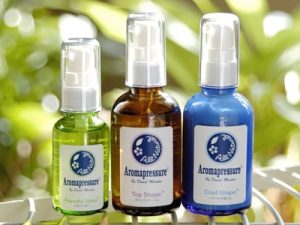
Aromatherapy is the use of aromatic substances extracted from plants, also known as essential oils, to stimulate the brain and to provoke certain reactions.
The origin of aromatherapy is attributed to Ancient Egypt, or even before, traced back to the Kingdom of Sheba. Modern aromatherapy was developed, as a true science, in France. A more recent and commercial version has been exported to the world; surprisingly through British influence. The original name itself: “aromatherapie”, was invented by a French chemist, Maurice Gattefosse. The British approach focuses more on the fragrance and the psychological benefits; while the French is more medicinal.
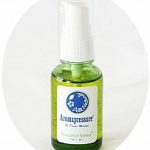
Clinical Aromatherapy massage oil “Peaceful Sleep”
Clinical Aromatherapy™ refers to the multiple biological and physical effects, brought by the use of essential oils. In France, aromatherapy often composes the active ingredients of popular medicines sold in pharmacies. These medicines are either taken internally or externally.
Aromapressure special Clinical Aromatherapy™ puts more emphasis on the chemical reactions produced by essential oils rather than the making of a perfume. We choose among the plant’s families which have the best chemical components to treat the problem.
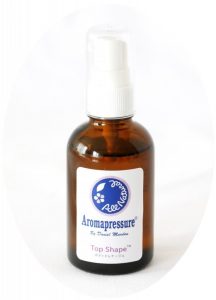
Clinical Aromatherapy massage oil “TOP SHAPE”
Let’s say we need an antiseptic. From there, according to how strong we want it, how and where it will be applied, we will decide between a phenol, an alcohol or a terpene. We learn in aromatherapy, that it is always best to look for a smooth synergy rather than pushing for a strong ingredient. Keeping in mind the nature of the product desired, we can now select the species we like the most for their fragrance and harmony.We consider whether we want a floral, herbal, green, fruity, spicy, balsamic, sweet or exotic aroma?
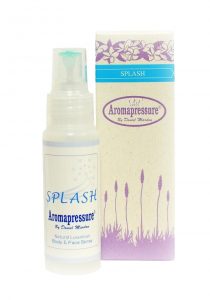
Natural Luxurious BODY & FACE Spray ”SPLASH”
The choice should be logical and take into consideration the psychological effect. For example, if we prepare a slimming body wrap for an obese person, we will avoid a sweet and fruity fragrance suggesting food.
Finally, if the character of the blend allows us the flexibility, we will play with top, middle and base notes to harmonize the fragrance. We might even have the possibility to squeeze-in a fixative, an equalizer and an enhancer and get great perfume oil.
As much as we can, we try to use oils obtained from organic farms. However, it is important to mention that some “non-organic” oils, provided by well-known companies, are showing similar excellent qualities and effects. Essential oils are already, by nature, very precious. Quality largely depends on the choice of the variety, the soil, country of origin and the method of distillation. In fact, the most “natural-per se” essential oils, come from wild plants growing in unpolluted areas. No organic farming, no “natural pesticides”, nothing! The U.S.A. for example, offers excellent cedarwood from wild forests. India, Australia, Croatia, Madagascar, Brazil, etc… have still a lot of wild productions, grown by mother-nature.
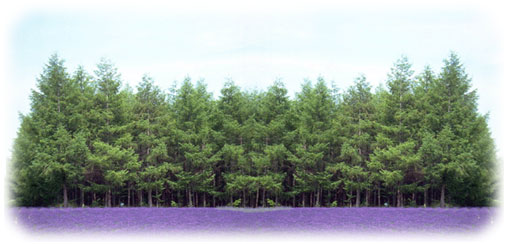
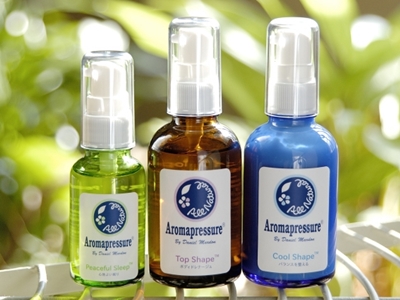
test